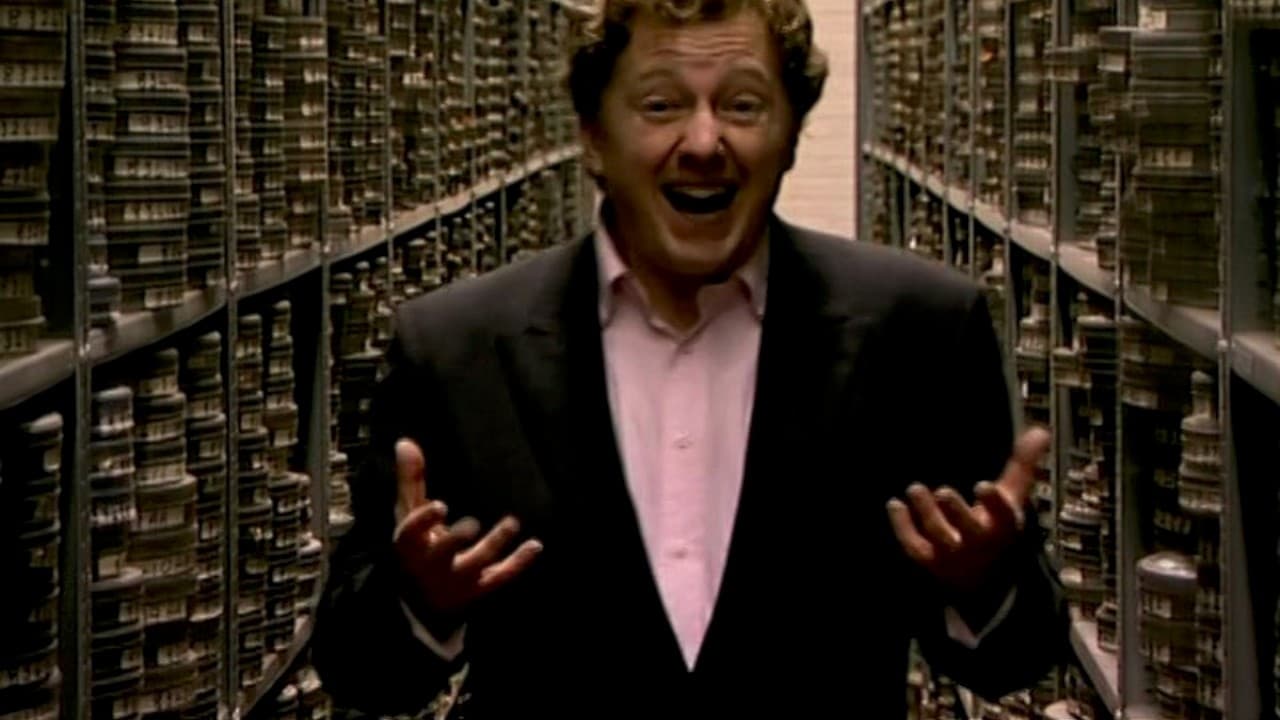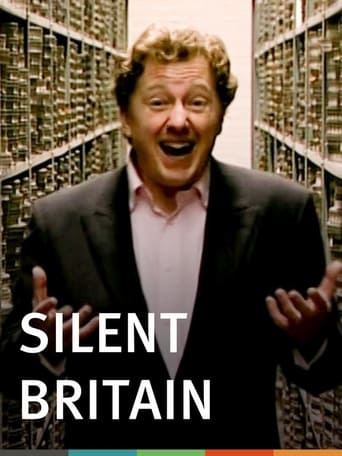

Lack of good storyline.
... View MoreThe performances transcend the film's tropes, grounding it in characters that feel more complete than this subgenre often produces.
... View MoreThe film may be flawed, but its message is not.
... View MoreThere's a more than satisfactory amount of boom-boom in the movie's trim running time.
... View MoreIt's pretty ironic that I would see this the very day after seeing another documentary about the British film industry. Yesterday, I saw "The Golden Gong"--an indifferent documentary about the Rank film studio. There was at least as much I disliked about the film as I liked--and it really didn't seem to try very hard to do a good job of telling its story. However, with "Silent Britain", you could see that the folks making this documentary really, really cared--knowing gobs about the subject and trying infuse enthusiasm in the viewer. In every way this was a quality production.The film begins at the earliest days of motion pictures--even predating the work of Auguste and Louis Lumière as well as Thomas Edison. How some obscure Brits contributed to the process of creating the first films and failed is pretty interesting to people like myself who love film history. Then, the film slowly moves from the early ultra-short films of the early 1900s and progresses to the last of the silents in Britain in 1930. Along the way, the film has tons of film clips, excellent and insightful narration as well as archival and recent interviews that really enhance the story. Fascinating throughout.
... View MoreMatthew Sweet presents a chronological overview of the silent era in Britain, from the inventors of the medium who worked in England to the surrender to talkies by 1930. Along the way, Sweet succeeds in dismissing views that Britain was mostly lacking quality productions during the silent era. Sweet does, however, reinforce, by the amount of time he devotes, the history that the UK was the most ahead of the curve in the beginning, roughly from "Rough Sea at Dover" (1895) to "Rescued by Rover" (1905), went into commercial decline with the Great War, and saw an artistic peak of the medium at the end of the 1920s. Perhaps, the beautiful films of the late 1920s in Britain (as elsewhere) hasn't always been recognized, with the exception of those made by Alfred Hitchcock, but that's been changing thanks to historians like Sweet and this program's producer David Thompson.If you want to purchase this show on DVD, for instance, and regions aren't an issue for you, then get the American Kino one, where it is included with "A Cottage on Dartmoor" (1929); it's better than the short film included on the British DVD. After all, the best and worst part of "Silent Britain" is that it garners interest in these films by showing clips and discussing them: some of them are accessible even on home video, but others are mostly hidden in the archives or lost entirely.
... View MoreMy interest in this docu came about as I've been all my life a fan of Ivor Novello's music and persona even though I didn't know a great deal about his movie period until his centenary when he became briefly fashionable again and I picked up some 2nd hand books about him and read those of his major musicals for which I could get hold of libretti. I was stunned to discover just how much a superstar he was on film and after seeing The Lodger and reading a really excellent BFI book called Ivor Novello : Screen Idol, I realised just how he accomplished this and just how amazingly good he was. I've since managed to obtain The Phantom Fiend (unfortunately the cut down American version but it's still vg. up to the abrupt ending) and Return of the Rat (well, better than nothing about the Rat but clearly not as good as his earlier Rat movies).So I bought this DVD sight unseen and was delighted to discover a whole chapter on Novello and a single still right at the end of the docu of his famous Apache Dance. But I was also surprised at just how dynamic and interesting British film making was in the silent period. It was very exciting to discover so much about our movies and infuriating to learn just how stupidly reticent we've been about that golden era. What is wrong with the British that we denigrate our own terrific history in film and we allow our oh-so-clever and sarcastic movie critics to carry on this calumny as though praising anything British is both incompetent and even disgracefully silly whilst it's an absolute necessity to rave about the movie past of the USA and France?
... View MoreIn the early says of cinema, Britain was one of the pioneers of the medium, producing thousands of short films and using styles and techniques for the first time that would become so common to be unnoticeable now. This documentary uses clips and the odd contribution to build a history of the films, directors, producers and actors from the period.The film opens with the fact that the BFI only holds hundreds of films from the period in their vault despite their having been thousands made. It goes on to discuss the accepted wisdom about the birth of cinema in the UK and how many records quote the universally harsh critics of the time despite never having seen the films themselves. This has led to the accepted wisdom being all about Hollywood being on the cutting edge all alone with the UK industry at the time being compared to how it is now. It is an unfair history of the period and one that this film and presenter Matt Sweet seeks to address.This is done by building from the very early stage of cinema in the UK and indeed three men who all tried and failed to make "moving images" work before anyone else managed it are covered up front. Sweet carries this path on, chronologically going through the main films and players, providing detail and discussion on and around them. For this reason it is an interesting and engaging documentary for anyone with a passing interest in film history. The film doesn't have many strong contributions from people other than Sweet and, although this is a minor problem it is perhaps an understandable one given the time that has passed and the fact that the history is so thin on the ground in this area.Casual viewers vaguely interested in cinema history will find it accessible and easy to follow and it is affectionate and detailed enough to appeal to those with a passion for the subject as well. Probably helps to have picked up a DVD featuring British silent shorts or have downloaded some from the BFI but even with no previous knowledge it is an engaging documentary.
... View More